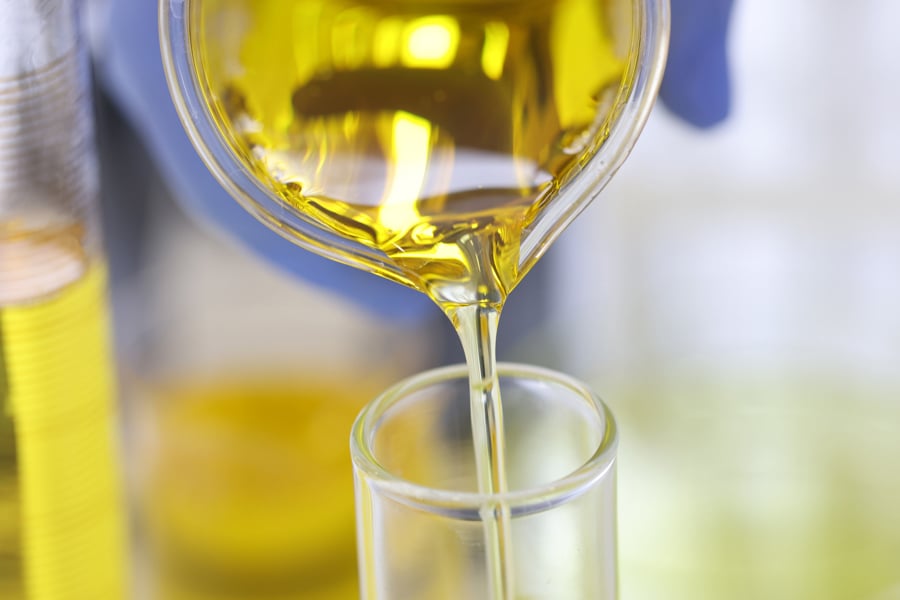
Avoid engine damage by using LR’s fuel quality and quantity technical support for both marine fuels and additional services such as lube oil and engine health management.
The ISO 8217 standard should guarantee fuels, but some parameters allow for cheaper blends or components. Check fuels against cheaper components or blends to protect your crew, the environment and your engine.
LR can assess fuel quality and component quantities globally:
- Supplying sampling kits
- Collect samples
- Deliver to laboratory
- Analyse samples
- Report with technical advice
To minimise the challenges of fuel management and give you confidence in the quality of your fuel.
Fuel testing services
- Bunkering purchase support
- Performance management
- Fuel management
- Fuel management training
We understand the challenges you face as a shipowner or operator when purchasing marine fuels. Globally, it’s difficult to be certain of quality, and it’s not always easy to check that it’s being delivered in the correct quantity either. In addition to providing independent assurance about the quality of fuel, we can verify that you receive the quantity you expect.
Our performance management solutions monitor the efficiency of your entire fuel system and provide guidance on the necessary measures to improve it.
A detailed audit of your entire fuel handling and treatment system will verify whether each component is functioning correctly. This will also identify any required adjustments to reduce the risk of potential damage and quality disputes.
Our fuel management support and advisory services can help you to minimise the consequences of poor fuel management. Tackling the main issues involves regular fuel testing to ensure your crew are fully informed and prepared. This also includes staying up to date with regulatory requirements and understanding the potential issues associated with new marine fuel blends.
Subject experts and professional trainers provide training to help you understand regulations, as well as other issues facing the maritime industry, such as the quality impact of marine fuels on vessel operations.
Fuel resources
Useful tools
Our toolkits, guidance and calculators will help you to manage your fuel
-
Fuel Management toolkit
-
LR FuelFinder
-
Low sulphur fuel oil changeover calculator (Version 8 – issue date May 2024)
-
Why organic chlorides are fuelling shipping concerns
-
Issue of Excessive Cylinder Component Wear on Large Two-Stroke Engines using 0.50% Sulphur Fuels
-
Our customer portal provides you with complete access to fuel sample information across your fleet
-
Monaco Yacht Seminar 2023 - Fuel quality challenge – switch to biofuels






 Fuel testing
Fuel testing
















